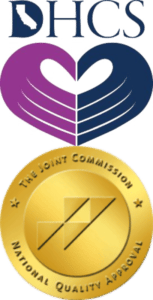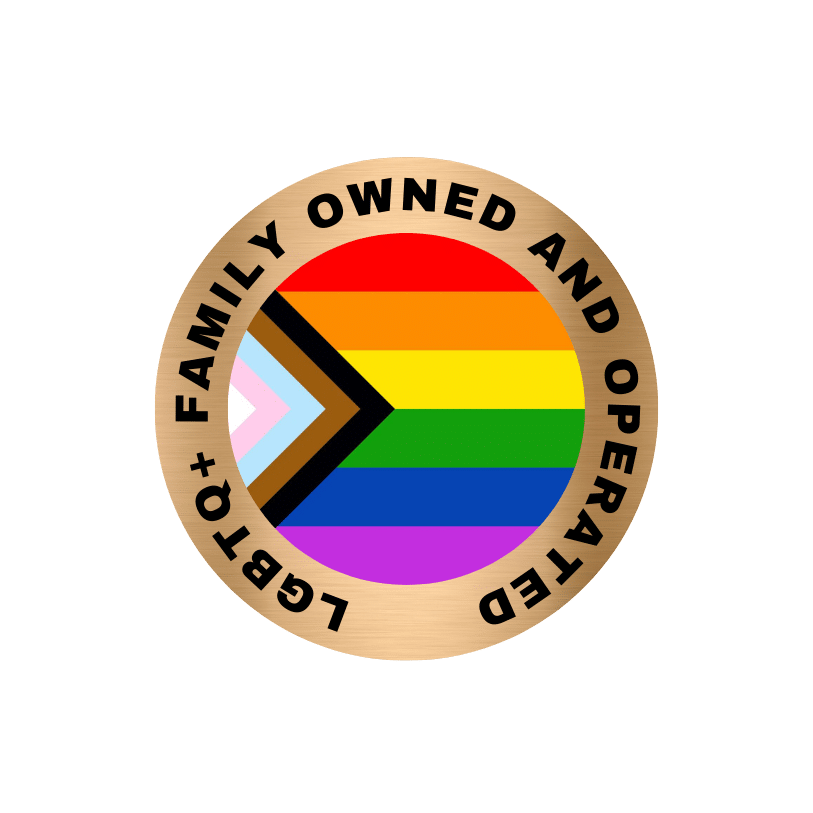Here are some of the most frequently asked questions that we get from our pre-clients, current clients, and past clients. We’re always striving to better our client’s lives, even before they even walk through our doors. We hope this FAQ page will be helpful. If you want more information about our addiction treatment program, or need to speak with someone who can help you, don’t hesitate to call us today!
Contact us today if you or your loved one needs a drug and alcohol rehab center in Los Angeles, CA.
Upon initial interview, our goal is to identify the immediate clinical needs of the individual, as well as obtaining a history of clinical issues and of any prior treatment. This includes a history of the individual’s substance use/abuse, as well as a history of any signs or symptoms of depression, anxiety, trauma, suicidal ideation/attempts, self-harm, psychoses, school/work/legal problems, food issues/eating disorders, violence and other behavioral disorders. If left unattended, these issues frequently manifest into major mental health concerns, which increase in chronicity and frequency. By assessing them early and addressing them during treatment, the opportunity is created to bring awareness and then there is potential for resolution.
Assessment is the first step in the formulation of an intervention plan. It is an ongoing process, beginning with the initial screening and continuing throughout the counseling process. It includes the gathering of facts and data regarding past and present functioning, environment, and culture. The process must be seen through the bio-psycho-social model and the assessment must also include the individual’s abilities, strengths, weaknesses, problems (acute or chronic), stressors, safety/danger areas, urgency, needs and resources, and relationship to cultural/spiritual background.
The term “Co-Occurring Disorders” refers to an individual having one or more substance use disorders and one or more mental health disorders at the same time (sometimes called Dual Diagnosis). It is important to identify and acknowledge the presence of co-existing issues, which may affect each other, recovery, and quality of life.
For Example, a person struggling with alcohol use may also suffer from anxiety. A person with depression may also abuse heroin/opiates to alleviate their symptoms. An individual with trauma or bipolar disorder may also have a gambling and methamphetamine addiction. The likelihood of a psychiatric problem becoming heightened or worse is high, especially when alcohol/substances are used in attempts to self-medicate or reduce their difficulties/pain. The possibilities for these issues co-occurring are endless. Co-occurring disorders are assessed and treated concurrently.
Emotional and substance use disorders, regardless of severity, tend to be persistent and recurrent. Co-occurrence of these disorders occurs with sufficient frequency that a continuous and integrated approach to assessment and treatment is required. Principles of care within mental health and addiction fields concentrate on respect for the individual, belief in the human capacity to change, and the importance of community, family, and peers to the recovery process.
All clients receive individualized and focused treatment, not only to reduce the severity of their symptoms, but also to achieve an understanding of their disorders and the changes they can make to alleviate suffering and prevent further dysfunctional behavior. Only after healing progresses beyond the symptomatic to embrace the whole person does real recovery begin in the journey towards self-discovery.
Our program encompasses a nontraditional, holistic approach that treats the entire person (mind-body-spirit) and helps individuals to improve self-esteem and self worth, assist in identity development, heal core traumas, learn life-skills, gain control over addictive patterns, create more effective interpersonal relationship skills, and improve the health of the body and mind to support a balanced, addiction-free lifestyle. We approach these issues using a bio-psycho-social model, (mind, body, community) that addresses all aspects of the adult client.
As a result, a greater awareness is cultivated, leading to increased abilities to make conscious and healthy choices of actions and behaviors.
Peer support and interaction are integral parts of the healing process. Treatment may combine other successful therapeutic approaches including experiential work, grief sessions and family participation as clients learn to change destructive patterns and achieve a more fulfilling whole. Therapeutic modes of treatment help our clients rebuild their self-esteem, strengthen relationship skills, clarify goals and talents, and reconnect with inner resources to transform and enrich their ability to effectively deal with their lives.
A specialized Recovery, and/or 12-Step philosophy is utilized as a basis for the addiction aspect of the treatment program. The quality of recovery from all addictive and mental health issues is enhanced by the many components of the Recovery/SMART/Refuge/12-Step programs, such as mutual support, honesty, accountability, acceptance, and spirituality.
The treatment program at NMWR is personalized to meet individual needs. A multidisciplinary team of psychiatrists, psychotherapists, counselors, specialized therapeutic practitioners, and coaches work cooperatively and consistently with total dedication in the best interests of each client. Many other programs treat only the symptoms of addiction. By focusing on the origins of each client’s issues, staff are able to identify and address the core patterns that have caused continual return to self-destructive behaviors. Aftercare, a crucial element in the continued success of recovery, begins with intake and is interwoven throughout treatment to provide a supportive, consistent transition from program to the home/independent living environment.
A goal-oriented schedule is customized for each client’s personal progress in treatment and recovery. Our program combines effective therapeutic techniques along with an integrative/specialized 12-Step model of recovery and an understanding of the addictive process. Therapy options include individual work with a primary therapist, family therapy, multi-family groups, small group therapy, psycho-educational groups, medication and symptom management, relapse prevention, life skills groups, relaxation and meditation, and recreational/experiential and art therapy.
Psycho-Educational components make up an important part of the No Matter What Recovery Program. The more an individual understands his/her issues, the better able that person is to manage it in recovery. NMWR supports a full understanding of the impact of mental health/emotional issues and maladaptive behaviors on the client, the family system, and on the individual’s social community.
Psycho-Educational components also assist in preparing the clients to negotiate the complexities of everyday living, from building a support system to finding the right kind of treatment. Our program focuses heavily on acceptance and belonging, and a sense of community. It is vitally important to break the isolation that is common to adults struggling with these issues.
Treatment goals for clients at No Matter What Recovery, in the short and long term, include stabilization, engagement in treatment, increased motivation, cessation and sustained abstinence of substance use, reduced disruption in all or most life domains, increased functional capacity, decreased harmful/criminal behavior, linkages to community supports, and elimination of substance induced mental health symptom agitation.
Through our outpatient programming, individuals have the opportunity to slowly transition back to independent living while benefiting from the support, psycho-education, and encouragement provided through various therapeutic interventions/modalities.
The “Bio” component in the treatment model refers to the chemical imbalances within the brain that often require the use of a medication. Medications may be a part of the treatment for any of the clients admitted to the program. We provide thorough education regarding the different types of medications, rationale for use, possible side effects, drug/food interactions, expectations, and alternatives.
Clients who go through our treatment plan, if taken seriously, will notice a new openness to options and solutions to problems. These methods empower individuals to take responsibility for their experience and help them find positive and effective ways to deal with the more difficult aspects of life.

